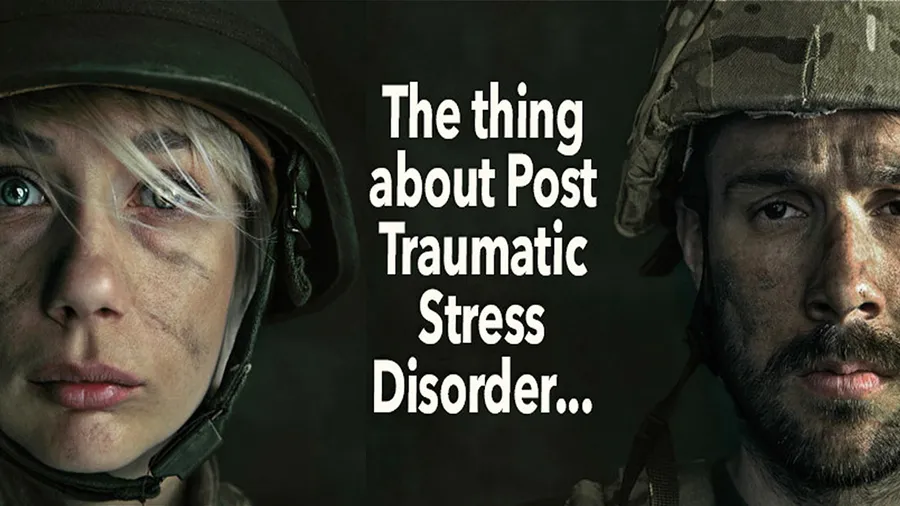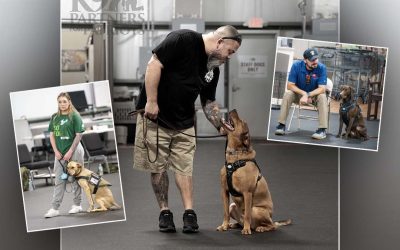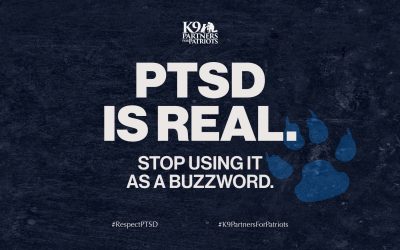The Thing About Post-Traumatic Stress Disorder…
… is its invisibility. It’s a devastating injury you cannot see. Its effects torment the veteran, as well as the family and friends closest to them. The manifestations – a volatile mix of nightmares, flashbacks, overreactivity, anxiety, insomnia, depression, guilt and shame – can end friendships, ruin marriages, lead to isolation, substance abuse, job loss, homelessness … and suicide. It does this every single day.
It has been confessed by more than one vet suffering from PTSD: “I wish I’d lost an arm or a leg over there because then they’d understand, they wouldn’t question what I went through.”
Let that sink in.
The military is excellent at teaching its members how to be soldiers – how to neutralize the enemy and how to stay alive as a team in an environment loaded with hidden threats and lethal consequences. The what-comes-after is a different story. When a vet brings those hypervigilance skills back home, they don’t just switch back to normal. Suddenly, those hard-earned skills are “inappropriate.” People don’t get it. They say calm down, lighten up. You’re not over there anymore. There are no hidden bombs. It was just a balloon/backfire/blowout. No one’s trying to kill you. You’re safe now.
Easier said than done. This is not just a matter of “getting over it” and switching back to a pre-deployment mindset. Humans aren’t machines with on/off switches. Constant exposure to trauma over time can kill neurons and shrink the brain. The brain has been rewired – permanently changed – by their experience.
Explains Rob White, Chief Operating Officer at K9 Partners for Patriots in Brooksville and a vet himself, “The skills that worked over there so brilliantly as a way to stay alive 24/7 add up to a problem-causing disorder here. Back on their home turf, the most ordinary things in life could cause a vet with PTSD to spiral: a popped balloon, a trash bag on the side of the road, approaching an overpass, a helicopter overhead, fireworks, crowds, insulting questions from clueless strangers.” On top of that, this disorder comes with a stigma. Even in the military, many think of PTSD, mistakenly, as a sign of weakness – so if a vet suspects they have it, they might shrink from seeking help, suffer in silence and self-medicate. The stigma notwithstanding, a Post Traumatic Stress Disorder diagnosis can end a career.
No magic bullet exists, but these debilitating symptoms can be managed and subdued. With a diagnosis of PTSD from a medical professional in hand, vets can reach out for the help they need at K9 Partners for Patriots. At no cost to the veteran ever, K9 Partners for Patriots matches a service dog and provides professional service dog training to military vets with PTSD. Teaching the veteran to train a rescue dog from day one builds a strong bond of trust, communication, and companionship. That journey gives vets a sense of mission that was absent from their lives since returning home. As they work alongside other veterans facing the same challenges, bolstered by caring professionals and volunteers, these vets find a second family. They are part of a team again. And that is the start of healing.
Article reposted with permission from Tampa Bay Times.




